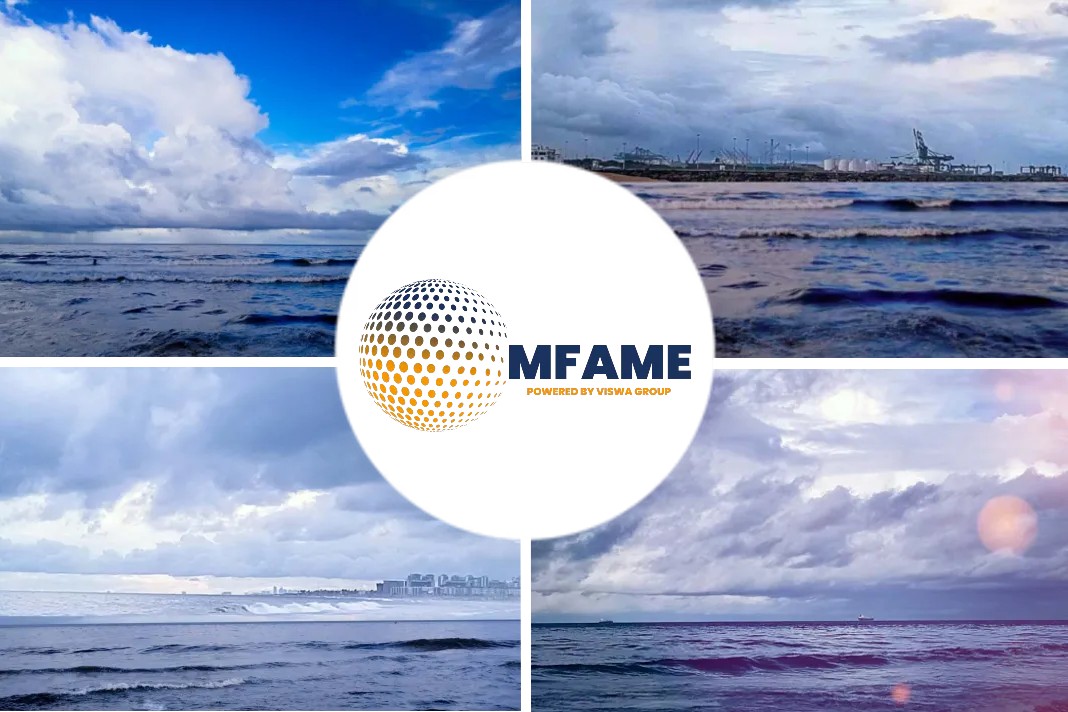- Green Maritime Methanol consortium has selected nine ships for research on the application of renewable methanol as a marine fuel.
- Research for these ships will start with the determination of the cost for implementation and use of methanol fuel systems.
- Ships have their own specific operational profile, providing specific insight into the feasibility of methanol for a certain ship type, its sailing route and cruising speed.
- The project is supported by TKI Maritiem and the Dutch Ministry of Economic Affairs and Climate Policy.
According to an article published in the Maritime Executive, the Green Maritime Methanol consortium has selected nine ships for research on the application of renewable methanol as a marine fuel.
Novel designs selected
New designs, new buildings as well as existing ships of Boskalis, Van Oord, the Royal Netherlands Navy, and Wagenborg Shipping were selected.
The vessel sizes vary in length from between 40-160 meters, with tonnage ranging from 300-23,000dwt and in installed power from one to 12MW. Research for these ships will start with the determination of the cost for implementation and use of methanol fuel systems. The results of this research will be compared with low sulfur marine diesel.
Specific operational profile
Each of the ships has its own specific operational profile, providing specific insight into the feasibility of methanol for a certain ship type, its sailing route and cruising speed. Not only cargo vessels are being evaluated in this phase, as attention will also be paid to ferries, dredgers and support vessels operating in coastal waters.
For each scenario, the most attractive technical, operational and economical configurations will be determined. The parties envision sharing and exchanging knowledge within the consortium with opportunities to further develop methanol as a transport fuel for the maritime sector.
A consortium of new entrants
Recently, the consortium welcomed three new entrants that provide extra knowledge, power, and skills to the consortium, the Royal Netherlands Shipowners’ Association (KVNR), Bureau Veritas and Lloyds Register.
Green Maritime Methanol now has a list of partners which includes: Bio MCN, Royal Boskalis, Bureau Veritas, C-Job Naval Architects, Damen Shipyards, Defence Material Organisation, Feadship, Helm Proman, Royal IHC, Royal Netherlands Naval Institute (KIM/FMW), Royal Association of Netherlands’ Shipowners (KVNR), Lloyds Register, MARIN, Maritime Knowledge Centre (MKC), Marine Service Noord (MSN), Methanol Institute, Port of Amsterdam, Port of Rotterdam, Pon Power, TNO, TU Delft, Van Oord, Netherlands Association of Importers of Combustion Engines (VIV), Wagenborg Shipping and Wärtsilä.
The project is supported by TKI Maritiem and the Dutch Ministry of Economic Affairs and Climate Policy and runs until December 2020.
Sustainable carbon-neutral port
Earlier this year, the Port of Antwerp in Belgium initiated a project to produce sustainable methanol as part of its ambition to be a carbon-neutral port.
Elsewhere, the Methanol Institute is backing a project at the Nanyang Technological University of Singapore which will be the first evaluation of methanol as a marine fuel in Asia.
Did you subscribe to our daily newsletter?
It’s Free! Click here to Subscribe!
Source: maritime-executive

























